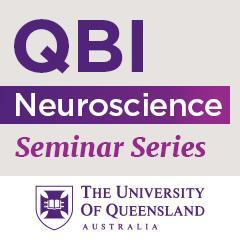International Leaders in Neuroscience Seminar : Professor Nicholas B. Turk-Browne, Yale : "Statistical learning in the hippocampus"
Speaker:
Professor Nicholas B. Turk-Browne
Department of Psychology, Yale University, New Haven CT06520, USA
Title: "Statistical learning in the hippocampus"
Abstract: There is a fundamental tension in human memory between encoding episodic memories for individual experiences from life and extracting statistical regularities that hold across these experiences. The tension arises from the fact that these two forms of learning have opposite computational requirements: episodic memory requires rapid, even one-shot learning of representations stored separately from related memories to avoid interference; statistical learning accumulates gradually over time by strengthening common elements that overlap across representations. For this reason, it has long been thought that memory is supported by a division of labor in the brain, with the hippocampus supporting episodic memory and the neocortex supporting statistical learning. In this talk I will present a series of converging findings from fMRI, neuropsychological patients, intracranial recordings, and neural network modeling that challenge this elegant and influential theory. Namely, I will show that the hippocampus is involved in and may be necessary for statistical learning and will provide an updated theoretical account about how the same hippocampal system implements these competing computations across different subfields and pathways. I will end with some counterintuitive findings that arise from this perspective about behavior and development.
About Neuroscience Seminars
Neuroscience seminars at the QBI play a major role in the advancement of neuroscience in the Asia-Pacific region. The primary goal of these seminars is to promote excellence in neuroscience through the exchange of ideas, establishing new collaborations and augmenting partnerships already in place.
Seminars in the QBI Auditorium on Level 7 are held on Wednesdays at 12-1pm, which are sometimes simulcast on Zoom (with approval from the speaker). We also occassionally hold seminars from international speakers via Zoom. The days and times of these seminars will vary depending on the time zone of the speaker. Please see each seminar listed below for details.




